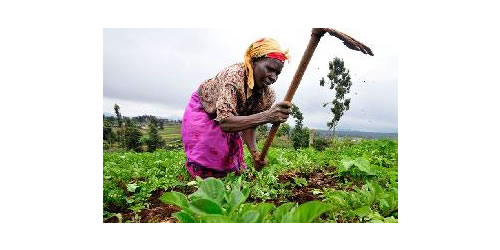One in five children obese leaving primary school

One in 10 children was obese at the start primary school in England last year but one in five was obese by the end, according to the Health and Social Care Information Centre.
Although figures for Reception children have fallen slightly, the figures for obesity in Year 6 are on the rise.
Children living in the most deprived areas were twice as likely to be obese as children in affluent areas.
Campaigners said the figures should act as a wake-up call.
The figures for 2014-15 come from the government’s National Child Measurement Programme for England which covers all state primary schools.
By measuring children’s weight and height and calculating their BMI (body mass index) centile, they can be put into one of four categories: underweight, healthy weight, overweight or obese.
Among children aged four and five in Reception year, 9.1% were classified as obese – compared with 9.5% in 2013-14 and 9.9% in 2006-07, when records began.
In Year 6, 19.1% of children were obese – an increase on figures from eight years ago.
While one in four or five children was overweight or obese in Reception, one in three was either overweight or obese in Year 6.
The London boroughs of Southwark, Newham, Lambeth and Tower Hamlets topped the table for obesity among children aged 10 to 11 (Year 6).
The figures showed 28% of Year 6 pupils in Southwark were classed as obese and 44% were either obese or overweight.
Councillor Barrie Hargrove, Southwark’s cabinet member for public health, said: “Childhood obesity is an on-going and long term health issue in the borough with no single solution, and we are already implementing a range of initiatives to combat it, such as our free healthy school meals programme, and free fruit programme, to encourage healthy eating habits.”
“We recognise that we need to do more to support children and their families.”
Wolverhampton had the largest number of obese 10 and 11-year-olds outside London.
Ros Jervis, the City of Wolverhampton Council’s director of public health, said: “Obesity is associated with a number of serious medical conditions – so doing nothing is simply not an option.”
She said an action plan was being developed outlining what organisations and individuals can do to tackle the problem while programmes were being run aimed at encouraging families to eat more healthily and exercise.
Waverley in Surrey reported the smallest number of obese pupils – 5% in Reception and 9% in Year 6.
Eustace De Sousa, national lead for children, young people and families at Public Health England, said tackling obesity was a major priority.
“While it is encouraging to see that overweight and obesity in children are levelling off, these figures are still unacceptably high and much worse in the poorest areas.
“The doubling of obesity levels between ages 4 and 11 is deeply concerning and highlights that much more needs to be done to help children and families.
“We are committed to supporting local authorities by improving awareness locally, promoting the evidence behind ‘what works’ and providing advice to families through our Change4Life campaign.”
Alison Cox, Cancer Research UK’s director of cancer prevention, said the numbers were “alarming”.
“Overweight children are more likely to become overweight adults, and being overweight could cause 10 types of cancer.
“There’s an urgent need for the government to tackle obesity, starting with junk food marketing which we know influences what food children prefer.”
Simon Gillespie, chief executive of the British Heart Foundation, said: “Falling rates of obesity in Reception age children is promising, but the fact remains that we now have more children leaving primary school overweight or obese and this is simply unacceptable.”
He said he hoped the figures would act as a wake-up call to the government as they prepare to release their childhood obesity strategy in early 2016.
Source: BBC




